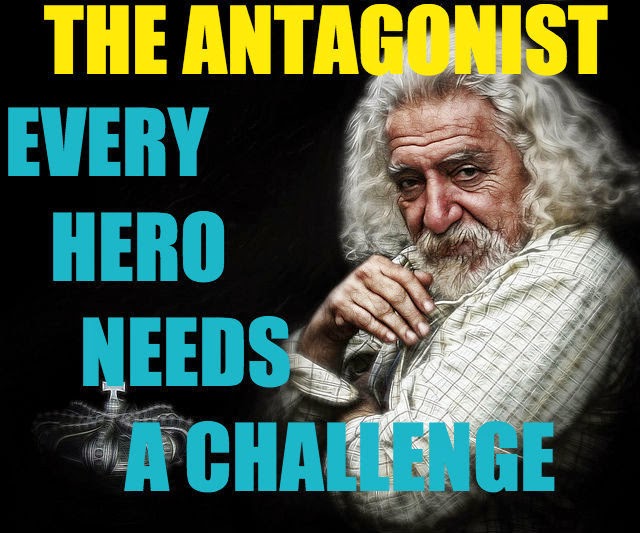In fact – it’s used a LOT
3 Stooges
3 Little Pigs
3 French Hens
3 Blind Mice
3 points on a triangle
A trilogy
3 is important. Even for God.
The Father, Son, and the Holy Spirit :-)
But how does it play out in our novels?
Well, in most of our novels there are two main characters, but in Christian fiction there is an
‘invisible’ third.
God.
So I’m going to chat today about the God factor in your fiction.
Since we are Christians, our worldview tends to be different
(or it ought to be) so that difference automatically comes out in our writing.
But how?
Here are some aspects of this G.O.D. factor in your fiction.
Does your story have G.O.D. in it? J
1.
Genuineness
– or plausibility. Is the spiritual thread believable? Have you created a
spiritual arc which presents the truth of the Gospel in a believable way with
your characters? Your story?
This one will go hand-in-hand with #2.
Siri Mitchell does this extremely well in
her historical novel, Love’s Pursuit.
In the beginning, the Puritan heroine would not just up and leave her community
to go with this heretical man – but the pull of faith and wealth of questions
posed to her along the storyline, makes her end choice believable. Are you
characters making believable spiritual choices?
The
way God works with his people is a beautiful conundrum of generically-the-same and
mysteriously unique.
Not everyone has the same ‘story’ of
salvation. Not every relationship or sermon connects to our hearts the same
way. Why should it with your characters?
Because God’s gifts to his kids are
specific to THEM, then His way of touching and shaping their lives will be
different too. God’s whisper to a quiet, more timid character may shake in
complete opposition to his ‘shout’ in a bolder, more extroverted character’s
life.
He may have asked both Andrew and
Saul-turned-Paul to ‘follow him’, but the way in which he called them was
uniquely set for their circumstances and their personalities. Paul needed a
slap, not a nudge.
3.
Dependable
– or consistent? Do you keep the amount of your spiritual thread consistent
throughout the story? Is it all housed within one area? The middle? The end? Do
you keep it light throughout? Subtle throughout or is your thread deeper and
more overt?
I’ve been surprised in books before
where God’s name emerged on the last page, but he wasn’t mentioned (or even
alluded to) in any other part of the book. Whether overt or covert, the
spiritual thread should be consistently interwoven.
Some of us are going to write the Christian thread in an overt manner.
Some in a more subtle manner; And others will weave it in with barely a hint.
None of them are right or wrong, but each is as unique as the way God touches our
own lives.
In my novels, the spiritual thread
is my focal point. Characters start dancing in my head along with a story
question. Then, as the characters emerge, I ‘look’ at them and ask questions
like:
“What does God want to do in your
life?”
“What is a need in your life that
only God can fill?”
“How can God use the hero/heroine
to be His fingerprints in your life?”
But not every Christian writer
takes this focus. Their spiritual thread may shock them as they write the
novel, or readers may tell them later of the spiritual thread they didn’t even
know they had written about in their stories. Again, God is a BIG God – he’s
using us for our good and his glory, right?
So…what do you think? Is the
G.O.D. factor important to you in your writing or in the books that you read? Everybody
has a worldview – does yours make a difference in your novels?
***************************************************************************
As a native of the Blue Ridge Mountains, Pepper Basham enjoys
sprinkling her Appalachian culture into her fiction whenever she can. She’s an
award-winning author of both contemporary and historical romances, mom of five,
speech-language pathologist, and lover of chocolate. She
resides in Asheville, North Carolina with her family. She is represented by Julie Gwinn and her debut novel, The Thorn
Bearer, released in April 2015. Her first contemporary romance novel, A Twist
of Faith, released in December. You can connect with Pepper on her website at www.pepperdbasham.com, Facebook- https://www.facebook.com/pages/Pepper-D-Basham or Twitter at https://twitter.com/pepperbasham































